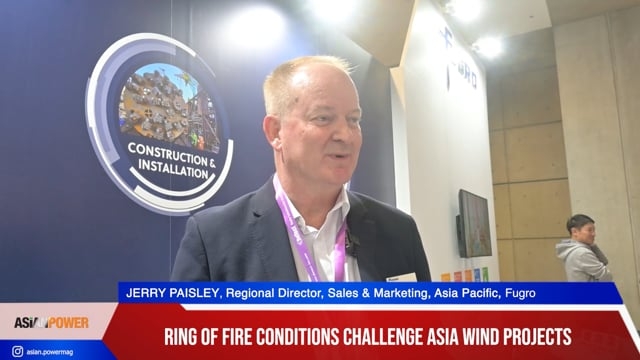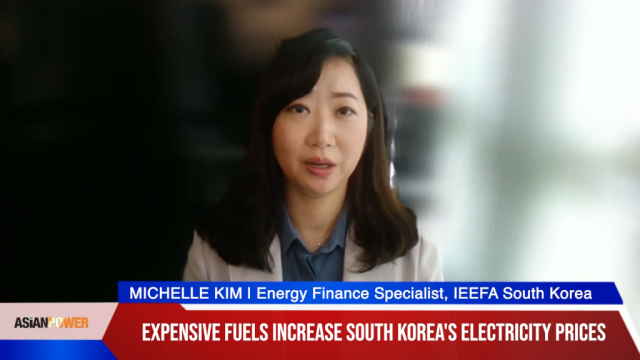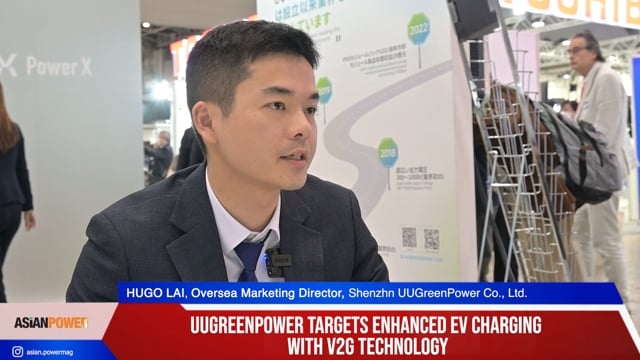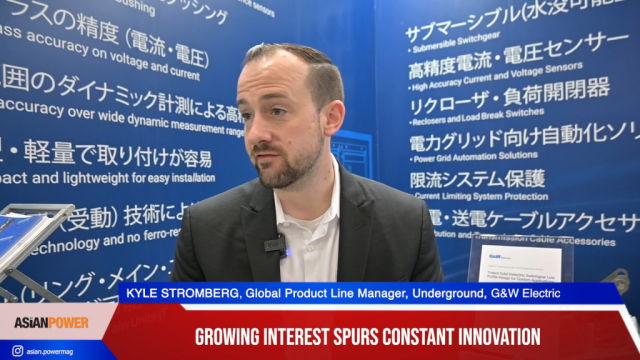
Does better energy policy loom in 2012?
By Mike ThomasA few years ago, while working on a power sector roadmap, a conversation turned to the perceived problems created by a lack of a comprehensive energy sector policy. Surely power sector planning would be better, my friend suggested, with a clearer policy in place to guide the substantial investment decisions required to meet growth reliably and efficiently. In this time of resolution-making for the year just begun, what would a good energy policy look like?
A good energy policy would look very different from the energy policies discussed in most countries in the region. Too often the temptation is to focus on specific targets. Hong Kong has focused on a mix of nuclear, gas and coal-fired power based on a “50:40:10” ratio. Policy makers and utility planners in several other countries also think of energy policy in terms of a specific fuel mix target—how much of each type of fuel should the country be using by some future date. Such “quantity-based” thinking is a mainstay of the classic approach to power sector planning. But the world does not stand still. Just as fast as they can be made, simplistic long-term targets can become obsolete.
The alternative to quantity-based thinking is price-based thinking. For students of optimization theory, quantity-based thinking is the primal; price-based thinking is the dual. The primal is all about the quantity needed to meet the objective, given the various constraints that exist. The dual, in contrast, reaches the same outcome by focusing on the price signals. The dual is market-based thinking. Given increasing exposure to global fuel and commodity markets and increasingly complex choices, price signals, particularly fuel price signals, have become much more relevant to the power sector.
Energy policy also has to change—to shift from quantity-based targets to more flexible process-based approaches in which dynamic and ever changing fuel prices are acknowledged explicitly. An energy policy that establishes a target for various fuel types by some date far in the future borders on the foolish. The fuel mix should be an output of a comprehensive, rigorous and continuously evolving decision process, not an input, and certainly not a benchmark against which to measure progress over time. Energy policy is really about process. If the outcome is that 40% of the fuel mix turns out to be natural gas in 2020, well that is just fine. But if the outcome is different, well, that is fine too, provided that all the right factors have been accounted for properly along the way.
So here’s one wish list for 2012 and beyond. It may seem a bit precious and pure, but the various elements, done right, have proven value for commercial investors, consumers and policy-makers alike:
• Economic regulation by a specialist, competent and well-resourced regulatory body, independent of the policymaking sectors of government, with a clear mandate to maintain alignment of prudently incurred costs, risks and tariffs;
• Regulatory decisions that are timely, consultative, guided by a clear statement of objectives and reviewable on process and merit;
• Recognition that when a fuel is used to generate power, it is the opportunity cost of that fuel—the potential value that fuel has in an alternative use—that establishes its economic value in short-term dispatch and long-term investment decisions, not the fuel’s administered, subsidized or accounting-based cost;
• Development and consistent application across all technologies and fuel options of environmental and emission-related factors;
• No discrimination against any technology or fuel-type except that which is justified based on a clearly stated, rigorously determined and consistently applied policy framework;
• Recognition that a policy regime that expects world-class reliability and efficiency but does not support commercially prudent financial investment will inevitably achieve neither;
• Recognition that access to “cheap” capital on the back of government ownership, involvement, assurances or support may simply make it easier to do the wrong thing quickly;
• Enhancements to planning and evaluation processes so that the decisions taken are subjected to a level of rigor similar to that which an investor subject to market forces in a competitive business would apply;
• Recognition that efficient use of power requires that consumers have information and face prices that are consistent with the costs incurred to serve them;
• Recognition that smart grids are not smart without smart policies, smart consumers and smart utilities;
• Recognition that an investment decision that has not yet been made is subject to review and reconsideration at any time as new information becomes available;
• Recognition that, of “cheap”, “fast” and “good”, only two are possible at a time, and that there may be very little agreement concerning what “cheap”, “fast” or “good” actually mean.
Until these various tenets are more broadly recognized, output-oriented energy policies—“we target a 50% of our future generation mix to be gas-fired”—may sound attractive. The clarity of such statements, however, belies an utterly exasperating over-simplification of what is a fundamentally complex issue. If your objective is simply to achieve a fuel mix target by a given date, then just get on with it. But if you seek to make sensible decisions about risk and reward, emissions and energy security and how much it will all cost and who will pay for it, then there is much that can be done, beginning with a fundamental redefinition of what is meant by the words “energy policy”.
























 Advertise
Advertise







